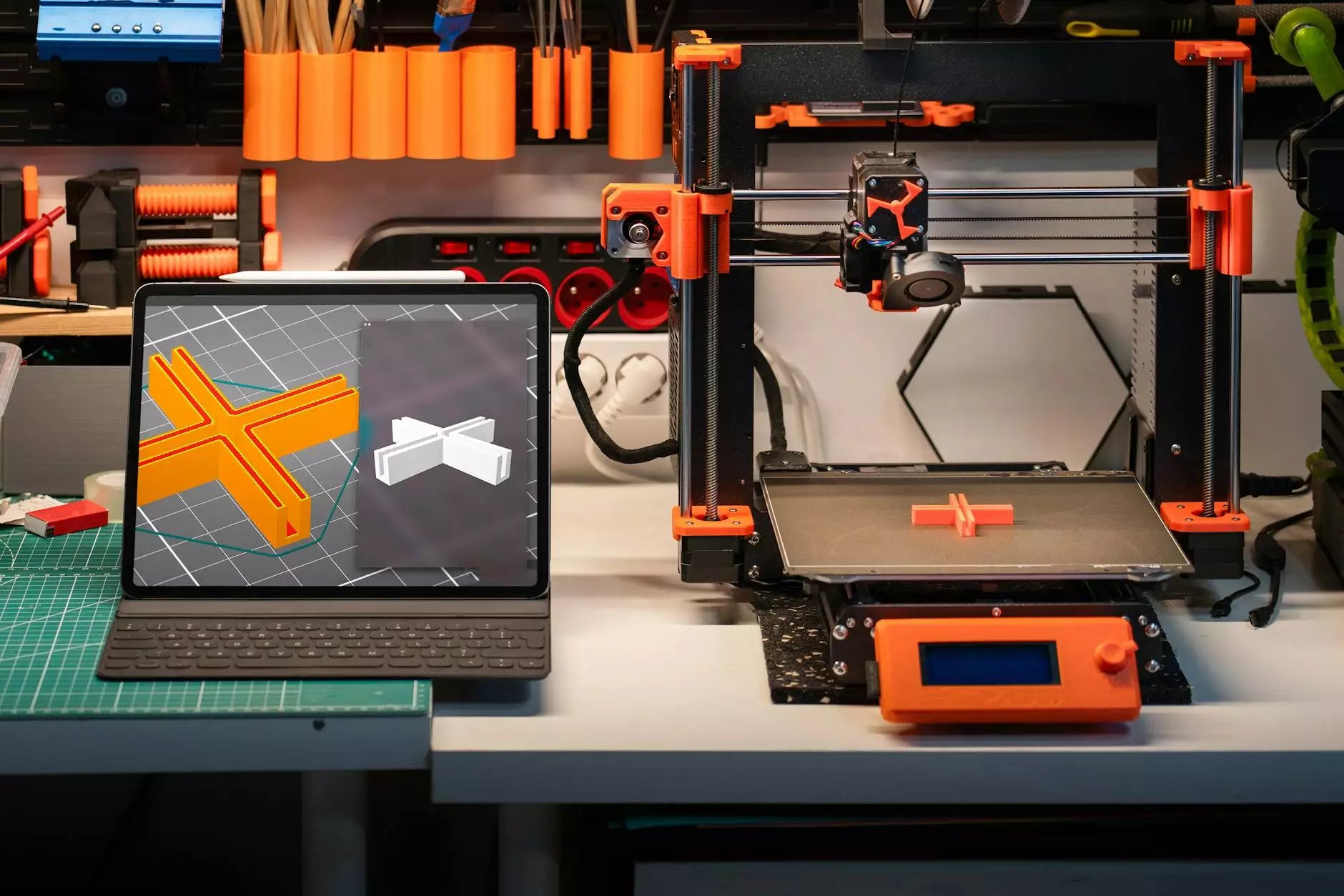Understanding TCU Controllers: The Heart of Your Automotive System

The automotive industry is evolving at an unprecedented pace, with technology driving innovations that enhance efficiency, safety, and performance. At the core of these advancements lies the TCU controller, a critical component that plays a pivotal role in modern vehicles. This article aims to provide an in-depth understanding of TCU controllers, highlighting their functions, benefits, and significance in the automotive landscape.
What is a TCU Controller?
A TCU (Transmission Control Unit) controller is an electronic component responsible for managing the automatic transmission in a vehicle. It interprets data from various sensors and controls the gear shifting process, ensuring smooth transitions and optimal vehicle performance. The advanced algorithms and data processing capabilities embedded in the TCU make it an indispensable part of modern automotive engineering.
The Role of TCU Controllers in Automotive Systems
In today's vehicles, the TCU is crucial for several key functions:
- Shifting Control: The TCU determines the optimal timing for shifting gears based on various parameters, including speed, throttle position, and engine load.
- Adaptive Learning: Many TCU systems have adaptive learning capabilities, allowing them to adjust to drivers' habits over time for a more personalized driving experience.
- Monitoring Performance: The TCU continuously monitors the operational status of the transmission system, ensuring that all components are functioning correctly.
- Error Diagnosis: In case of malfunctions, the TCU can identify issues and generate diagnostic trouble codes (DTCs), facilitating maintenance and repairs.
How TCU Controllers Work
The operation of a TCU controller involves complex interactions between hardware and software components. Here’s a breakdown of how it functions:
1. Data Acquisition
The TCU gathers input from a variety of sensors throughout the vehicle:
- Speed sensors: Measure the rotational speed of the wheels.
- Throttle position sensors: Identify how much throttle is being applied.
- Engine load sensors: Monitor the engine's load to assess the optimal timing for gear shifts.
2. Data Processing
Once the data is collected, the TCU processes this information using pre-defined algorithms. This processing allows the TCU to make real-time decisions about when to shift gears, ensuring seamless transitions that improve vehicle performance.
3. Control Output
After processing the data, the TCU sends commands to various actuators in the transmission system. These commands dictate the exact moment to engage or disengage specific gears, resulting in smooth driving and enhanced fuel efficiency.
The Evolution of TCU Controllers
The history of TCU controllers is intertwined with the advancement of automotive technology. Early automatic transmissions relied on hydraulic systems and mechanical linkages, which offered limited control and performance. With the introduction of electronic TCU controllers, the automotive industry experienced a significant transformation, leading to:
- Improved Efficiency: Electronic systems allow for more precise control over gear shifting, resulting in better fuel economy.
- Enhanced Performance: Modern TCUs can respond more quickly to driving conditions, providing improved acceleration and responsiveness.
- Greater Reliability: Advanced diagnostics offered by TCUs help to identify and address issues before they lead to more significant problems.
Benefits of Investing in Quality TCU Controllers
Choosing high-quality TCU controllers can make a substantial difference in your vehicle's performance. Some key benefits include:
- Optimal Performance: Quality TCUs are engineered to provide exceptional response times, resulting in better acceleration and smoother shifts.
- Longevity: Investing in a robust TCU can lead to extended service life for both the controller and the transmission system.
- Fuel Savings: By controlling gear shifts more efficiently, high-quality TCUs can help reduce fuel consumption.
- Enhanced Safety: Improved transmission control can enhance vehicle stability, contributing to overall safety during driving.
Key Features to Look for in a TCU Controller
When selecting a TCU controller, certain features can significantly impact your experience. Consider the following:
- Adaptive Transmission Control: Look for a TCU that adapts to different driving styles, ensuring optimal performance in various conditions.
- Diagnostic Capabilities: A controller with built-in diagnostics can help identify issues early, saving time and money on repairs.
- Customizability: Some TCUs offer customization options for driving preferences, allowing drivers to fine-tune their experience.
- Compatibility: Ensure the TCU is compatible with your vehicle’s specific make and model.
Conclusion
In summary, the TCU controller is an essential component of modern vehicles, significantly impacting their efficiency, performance, and reliability. By understanding the role, operation, and advantages of TCU controllers, automotive enthusiasts and vehicle owners can make informed decisions about their vehicles' maintenance and upgrades.
Why Choose Shenghai Auto Parts?
At Shenghai Auto Parts, we are dedicated to providing high-quality automotive components, including top-of-the-line TCU controllers. Our commitment to excellence ensures that you receive products that not only meet but exceed your expectations. With our extensive range in the categories of Automotive, Auto Parts & Supplies, you can trust us to deliver the best for your vehicle needs.
Get in Touch
If you're in the market for a reliable TCU controller or any other auto parts, visit us at shenghaiautoparts.com today to explore our offerings and discover how we can help enhance your driving experience.









